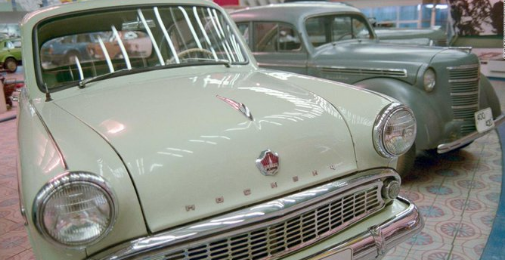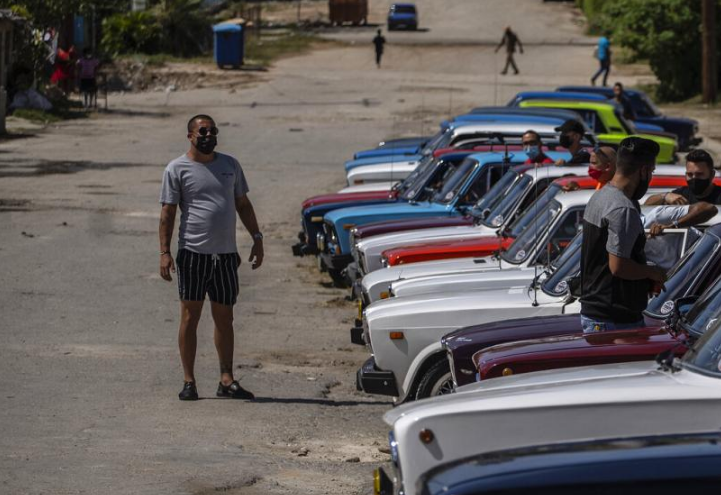Renault has officially packed its bags, what next? This Monday, May 16, the French automobile giant sold all of its assets in the country. An amputation for the country, which was the group’s second customer, just after the European Union. To better understand what this departure means for the future of the Russian automotive industry, Euronews spoke with Boris Vinogradov, historian, and researcher at the University of Nantes, author of a thesis on The French Automotive Industry and Russia from 1954 to 2014 presented in 2021.
Euronews: How important was the Renault group in Russia?
Boris Vinogradov: Renault was the first car company in Western Europe to decide to enter the Russian market at the end of the 1990s, at a time of extreme difficulty for the Russian economy. The government of Russia asked the Renault group to modernize Avtovaz, the emblematic national car manufacturer for Russia. […] And to date, in any case on the eve of the war in Ukraine, Avtovaz was a very important site for the Renault group in Russia. It accounted for two-thirds of Renault car sales in Russia, compared to one-third of cars made at [the Renault plant in] Moscow.
In 2019, the group’s two factories in Russia produced more than cars per year, they were the market leader with the Lada brand, a historic brand from the Soviet Union controlled by Renault up to 67% before the war in Ukraine.
Will Russian factories be able to continue building cars without parts and without Western engineers?
BV: Currently, Renault is selling all its activities and all its Russian assets are effectively withdrawing from the market. However, the Avtovaz plant continues to operate because Renault’s level of localization and importation has allowed this manufacturer to continue assembling cars despite the disruption of deliveries of essential electronic parts. Because of the war, these deliveries are now suspended or even stopped.

So, I think the solution will be found, in particular through parallel imports. These are parts imported from abroad but without the direct agreement of the manufacturer. On May 7, the Russian Ministry of Industry and Trade issued a decree authorizing parallel imports of auto parts from abroad. We can forget about imports from Europe and therefore the Russian industry is instead trying to move towards Asian and Chinese suppliers.
What scenario can be envisaged for the automotive industry if Russia is permanently cut off from the West?
BV: For the moment, we do not know the future of big brands such as Volkswagen, which has not officially stopped the production of its cars in Russia. We know that the Koreans, in particular Hyundai and Kya, have not announced the production stoppage either. There is a large Chinese producer [note: Great Wall Motor] whose factories are running at the moment. So, I don’t think Russian consumers will be left without cars.
The problem lies rather in the design and development of new models. According to officials from the Russian Ministry of Industry, the Avtovaz factories will, in the coming months, continue to produce all the cars they produced before.

If contacts with Western investors and engineers are completely cut off, we could be reverting to the days when a range of cars remained in production for decades with minimal changes. Editor’s note: This 100% break remains a pessimistic scenario for Russia, insofar as Renault has negotiated to be able to take back its shares in Avtovaz within the next six years, under cover of an easing of the geopolitical situation.

